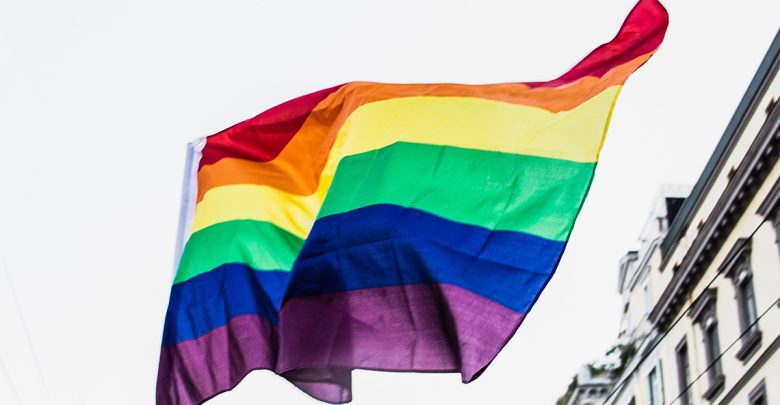U of A expert part of provincial committee looking at banning gay conversion therapy
 Photo by Sara Rampazzo on Unsplash
Photo by Sara Rampazzo on UnsplashBeginning on February 19, a group of community representatives, including the executive director of a University of Alberta-based organization, will meet to discuss banning gay conversion therapy in Alberta.
One of the groups involved with the new initiative is the Institute for Sexual Minority Studies and Services (ISMSS), which is located at the U of A. ISMSS provides services for sexual and gender minorities by working with various organizations such as the Public Health Agency of Canada and the Canadian Teachers Federation. Glynnis Lieb, ISMSS’s executive director, will be co-chairing the group looking at banning gay conversion therapy throughout the province.
Created by the provincial government, the committee that will look at banning the practice will include a deacon, the executive director of the pride centre, elected officials, and members of the LGBT community affected by conversion therapy. The committee aims to have a bill passed prior to the upcoming May election in case there will be a shift in provincial government.
A decision to work towards a framework of banning conversion therapy first took root last year with the involvement of Edmonton-Castle Downs MLA Nicole Goehring, who originally proposed the bill. Health Minister Sarah Hoffman is also contributing to the implementation of the bill because of its status as an issue of mental health.
Gay conversion therapy is a practice employed to attempt to change an individual’s sexual orientation. Though according to the Canadian Psychological Association, there is no scientific evidence which supports the idea. People who go through conversion therapy often experience severe trauma and are at higher risk of mental and physical health complications.
Despite common beliefs that gay conversion therapy doesn’t need to be legally prohibited because of its infringement upon individual charter rights, Lieb insists that it is extremely important for the practice to be officially banned.
“What we’re finding is that we still need to have something in writing, because not everybody recognizes what is happening to them, or what they are doing to somebody else as being an infringement on human rights,” Lieb said. “There needs to be something that actually says ‘These are the things that cannot be done to others.’”
Lieb added that there are ways which groups can participate in conversion therapy through inconspicuous means. Many health practitioners can claim to be treating anxiety or depression, but will identify the root cause of such conditions as pertaining to sexual orientation.
Though the group is working towards banning conversion therapy on a provincial level, Lieb expressed the desire to see a country-wide ban.
“It would be wonderful if this [banning conversion therapy] was ultimately implemented on a federal level,” Lieb said. “You could do things like decertify registered charities and that sort of thing. If it was illegal to do this and they were found to be participating, it would impact their charitable status, and that’s a big threat.”
Details of the actual methodology regarding how the bill will ban conversion therapy have yet to take shape, though Lieb hopes that the group will be able to address all forms of gay conversion therapy, whether it takes the form of a community organization, a church, or a medical or mental health professional.
“Just about everybody I’ve talked to have said ‘I can’t believe this is happening’ and you know this is a reminder that there’s a lot of things that are still happening,” Lieb said. “Sometimes it can be right under our noses.”




